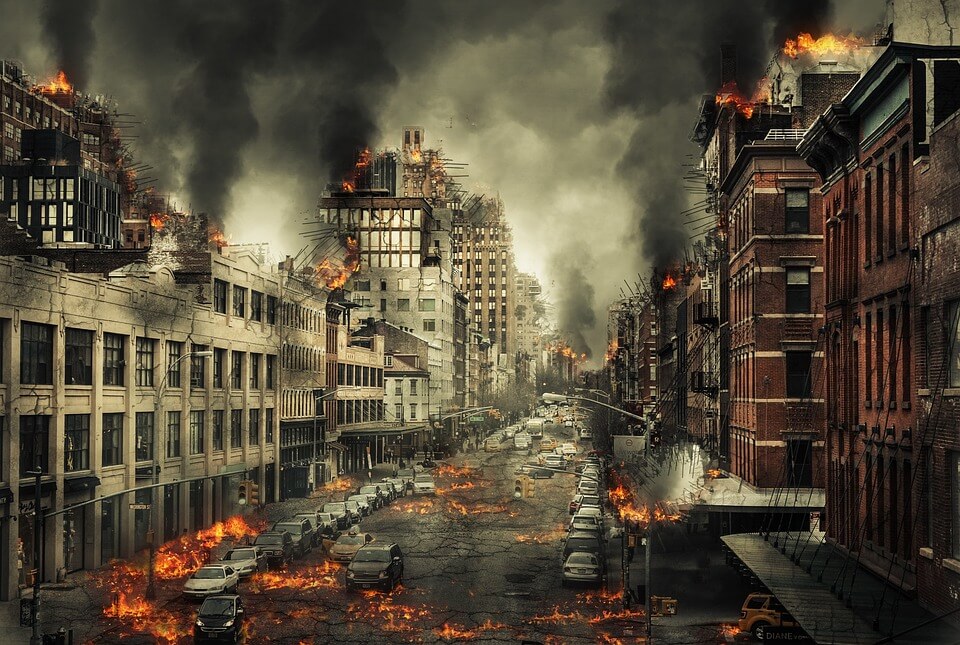
Disasters don’t just destroy property or buildings – they break hearts, take human lives as well as cause extreme emotional stress and pain. Humans, animals, plants, or the environment – they affect everything and nothing is beyond their reach.
Disasters are like uninvited guests. They don’t need any formal invitation – they come suddenly when one is least expecting them, and don’t even knock at people’s doors before ruining their life, property, or livelihood.
According to experts disasters both natural and man-made cause suffering, deprivation, hardship, injury, and even death, as a result of injury, disease, interruption of business or profession, and destruction of infrastructure like homes, hospitals, buildings, roads, bridges, and power lines.
Natural disasters can occur in the form of earthquakes, hurricanes, floods, or tornadoes, while man-made disasters can be caused by accidents, toxic spills from factories, nuclear power plants, or terrorist attacks.
According to science writer Florence Williams, there is a connection between emotional and physical pain. In her book, Heartbreak: A Personal and Scientific Journey, she describes how extreme emotional pain can impact the heart, the digestive and immune systems, and more.
Common signs of distress
- Feelings of fear, anger, sadness, worry, numbness, or frustration
- Change in appetite, energy, and activity levels
- Difficulty in concentrating and making decisions
- Difficulty in sleeping or nightmares
- Physical reactions, such as headaches, body pains, stomach problems, and skin rashes
- Chronic health problems
- Increased use of alcohol, tobacco, or other drugs
Also Read: Why do so many big earthquakes occur in Turkey?

Here are a few things you need to do to cope with a disaster or trauma:
Take care of your emotional health
Traumatic events are not easy to forget. Many people who go through such an experience find it difficult to get back to their normal life. They feel frightened and confused. It is quite natural to feel stress, anxiety, grief, and worry during and after a disaster. Taking care of your emotional health during an emergency will help you think clearly and react to the urgent needs to protect yourself and your family. Self-care during an emergency will help your long-term healing.
Take care of your body
Try to eat healthy well-balanced meals, exercise regularly, and get plenty of sleep. Avoid alcohol, tobacco, and other drugs.
Share your concerns with others
Share your concerns and how you are feeling with a friend or family member. Maintain healthy relationships, and build a strong support system.
Take breaks
Make time to unwind and remind yourself that strong feelings will fade. Try taking in deep breaths. Try to do activities you usually enjoy.
Stay informed
When you feel that you are missing information, you may become more stressed or nervous. Watch, listen to, or read the news for updates from officials. Be aware that there may be rumors during a crisis, especially on social media. Always check your sources and turn to reliable sources of information like your local government authorities.
Avoid too much exposure to news
Take breaks from watching, reading, or listening to news stories. It can be upsetting to hear about the crisis and see images repeatedly. Try to do enjoyable activities and return to normal life as much as possible and check for updates between breaks.
Seek professional help
If distress impacts activities of your daily life for several days or weeks, talk to a counselor, or doctor.

